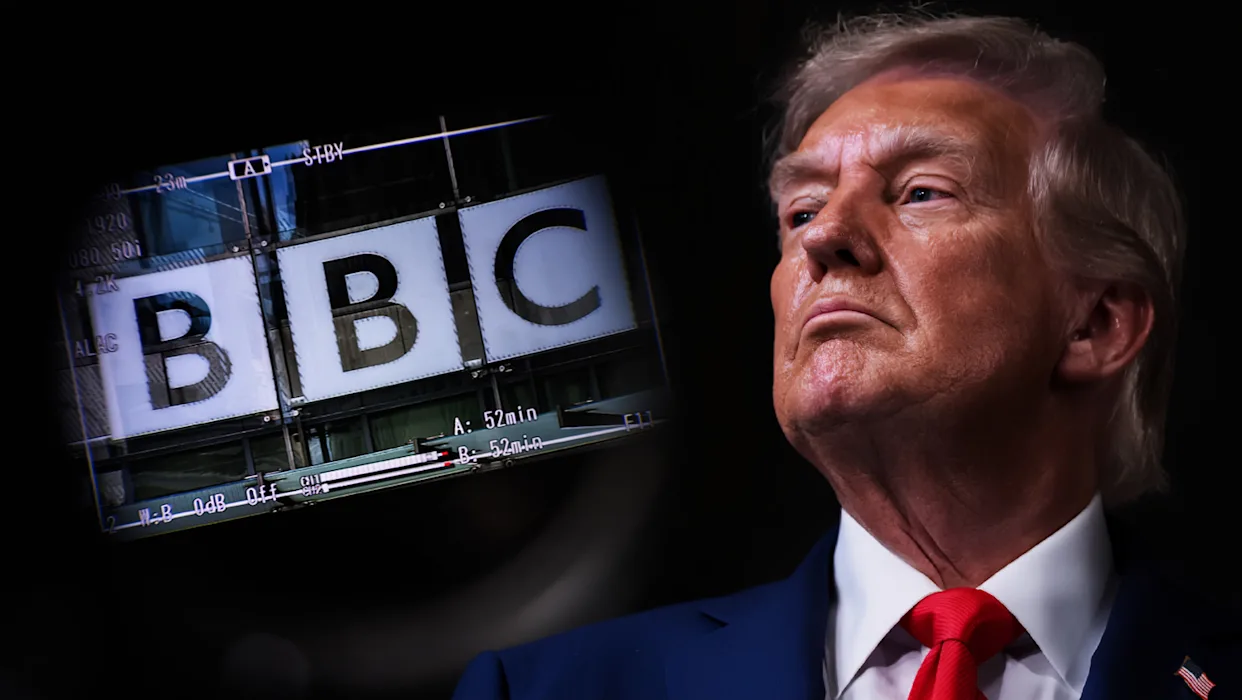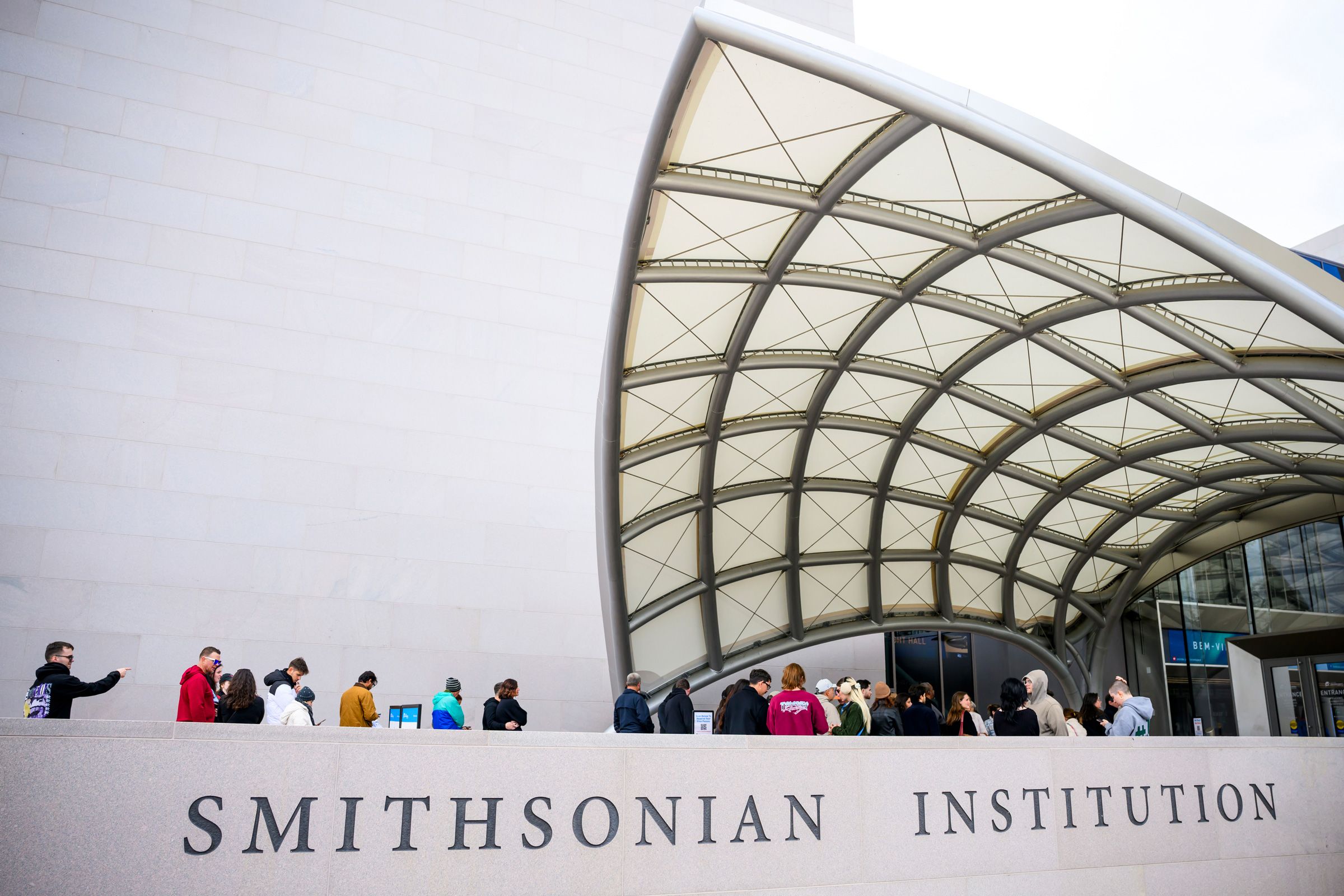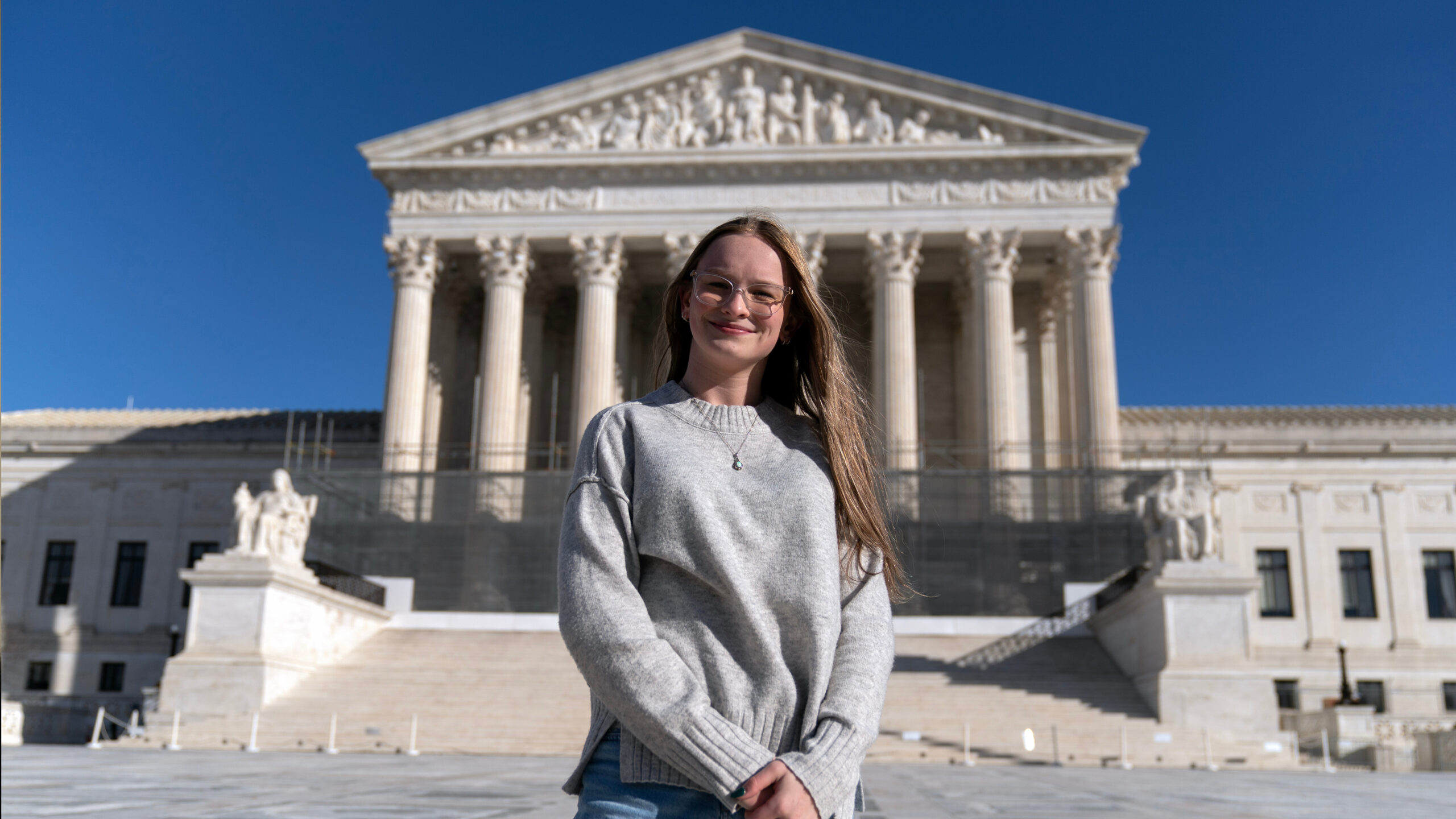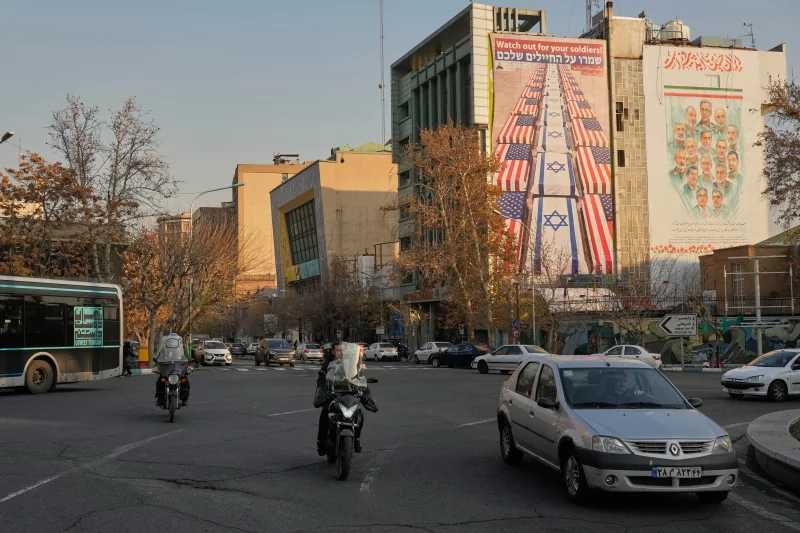The BBC issued a personal apology to former U.S. President Donald Trump. This followed an acknowledgment of an improper edit of his January 6, 2021 remarks in a televised documentary. The broadcaster admitted that the editing technique created the impression that Trump had made a direct call for violent action. This conclusion, it asserts, was inaccurate and unintended. Despite the apology, the BBC firmly rejected a demand for compensation. This came after Trump’s legal team threatened a $1 billion defamation lawsuit. The BBC insisted there is no legal basis for such a claim under current standards. In a letter to the White House, the organization expressed regret for the editing choice. However, it emphasized that the documentary was produced by an external team shortly before the 2024 U.S. presidential election, with no deliberate intent to misrepresent the former president’s statements.
The controversy renewed scrutiny around how editing practices can shape public understanding. This is particularly relevant during politically sensitive moments. To contextualize the broader impact, readers often turn to background information about the U.S. presidency. They use resources such as whitehouse.gov. They also explore constitutional aspects of political speech via loc.gov. As the dispute grows, discussions about editorial judgment and accountability have intensified across multiple sectors.
H2: Internal Fallout and Leadership Resignations
The dispute triggered significant consequences within the BBC’s leadership structure. The Director-General and the Head of News resigned after acknowledging an internal editorial breach. In messages circulated to staff, they pointed out that mistakes had been made. They urged employees to continue defending the organization’s journalistic mission. This is particularly critical during periods of heightened political pressure. This internal turbulence fueled a wider national conversation. It concerned the role of publicly funded broadcasters and the potential financial implications of high-profile legal challenges.
Public concern also deepened as citizens reflected on how license fees support the broadcaster’s operations. Households across the UK often reference official guidelines on public-funded institutions available at gov.uk when evaluating debates about public accountability. The potential cost of defending a lengthy lawsuit adds urgency to the ongoing national debate. Reputational risks associated with pre-trial disclosures are also a factor.
Public Reaction and National Identity Concerns
Public responses across the United Kingdom reflected a mix of frustration and defensiveness. Many citizens expressed opposition to the idea that public funds could be used to compensate a foreign political figure. During live call-in programs, participants voiced concerns. They feared that a settlement would undermine the broadcaster’s role as a national institution. This institution is trusted to inform and educate. These sentiments emphasized how closely the BBC is tied to the country’s cultural identity and collective memory.
For some, the piece of edited footage represented a broader fear. They worried that political disputes abroad were increasingly influencing the functioning of domestic institutions. Others argued that the organization must resist external pressure. It must also maintain high standards of impartiality, even amid intensified global scrutiny. The reaction illustrated how editorial decisions can resonate far beyond the initial broadcast. It has become part of a broader conversation on truth, accuracy, and national pride.
Legal Complexities and International Implications
The legal challenge proposed by Trump’s attorneys includes plans to file a lawsuit in Florida. Analysts suggest that proving reputational damage in the United States may be difficult. This is because the documentary received limited exposure there. The case raises questions about jurisdiction, influence, and the reach of internationally broadcast material. This is especially relevant during a period in which political communication travels quickly across borders.
Some legal experts note that disputes involving major institutions can reflect larger tensions. These arise around public trust and media governance. Readers often consult resources such as justice.gov to understand legal frameworks tied to cross-border claims and the implications of serving legal process internationally. The potential for millions of dollars in legal costs continues to generate concern. This is particularly true regarding the sustainability of publicly funded broadcasters when confronted with global political disputes.
As the conflict continues, the central issue extends beyond a single edited clip. The debate encompasses editorial responsibility and the political climate surrounding media organizations. There are also expectations placed upon public broadcasting. Furthermore, there’s a focus on the shifting dynamics between national institutions and international political actors. Many observers believe that the outcome of this dispute could influence future discussions. These may concern transparency, editing standards, and public accountability for years to come.







